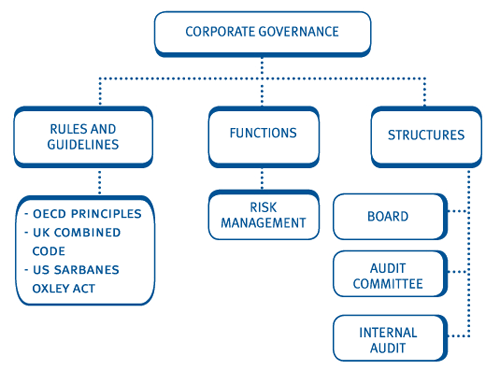
Understanding Consultation Fees: Navigating Legal Costs
Legal consultation fees play a crucial role in accessing legal advice and services. Understanding how these fees work is essential for individuals seeking legal assistance.
Types of Fee Structures
Legal consultation fees can vary based on different structures. Some attorneys charge hourly rates, while others might have fixed fees for specific services or operate on a contingency basis. Exploring these structures helps clients understand how they’ll be billed for legal services.
Hourly Rates and Time-Based Charges
Hourly rates are prevalent in legal consultation fees. Attorneys charge clients for the time spent on their case, usually broken down into billable hours. Understanding an attorney’s hourly rate and how time is billed is vital for clients to anticipate costs accurately.
Flat or Fixed Fees
Some legal services are offered at a fixed or flat fee. This structure involves a set price for specific services, such as drafting a will or reviewing a contract. Clients benefit from knowing the exact cost upfront without the uncertainty of hourly billing.
Contingency Fees
In certain cases, attorneys work on a contingency fee basis, particularly in personal injury or some civil cases. Here, the attorney’s fee is contingent upon winning the case or reaching a settlement. Clients pay a percentage of the awarded amount.
Retainer Fees
Retainer fees involve clients paying an upfront amount to retain an attorney’s services. The attorney then deducts fees from this retainer as work progresses. Understanding how retainer fees work and what they cover is crucial to manage legal costs effectively.
Factors Influencing Fee Variation
Various factors contribute to the variation in legal consultation fees. The attorney’s experience, expertise, geographical location, the complexity of the case, and the type of legal service all impact the fees charged.
Transparency in Billing
Transparency in billing is essential. Clients should receive detailed billing statements outlining services rendered, time spent, and associated costs. This transparency fosters trust between the attorney and client, ensuring clarity regarding billed services.
Negotiating Fees and Payment Plans
Clients can sometimes negotiate fee structures or payment plans with their attorneys. It’s essential to discuss fees upfront, clarify expectations, and explore potential options to make legal services more affordable and manageable.
Additional Costs and Expenses
In addition to attorney fees, clients might incur additional costs and expenses, such as court fees, filing fees, expert witness fees, or administrative costs. Understanding these potential extras is essential in budgeting for legal services.
Evaluating Value Over Cost
While cost is a crucial consideration, evaluating the value provided by an attorney is equally important. The expertise, advice, and outcome obtained through legal consultation may outweigh the cost incurred.
Understanding legal consultation fees is pivotal when seeking legal advice. For detailed information on navigating legal costs and consultation fees, consider exploring Legal Consultation Fees. Their insights shed light on legal fee structures, ensuring individuals make informed decisions regarding legal services and costs.



